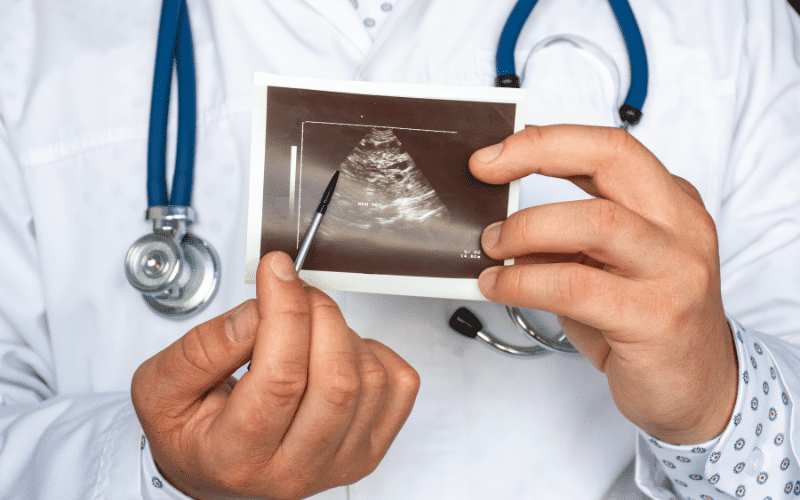FAQs: Common Questions About Ovarian Cyst Symptoms

In this section, we will address some frequently asked questions related to ovarian cyst symptoms to help clarify common concerns and misconceptions.
1. Can ovarian cysts cause symptoms similar to pregnancy?
Yes, some symptoms of ovarian cysts can mimic those of pregnancy, such as breast tenderness, nausea, bloating, and weight gain. This is because certain ovarian cysts, particularly hormone-producing cysts, can cause hormonal imbalances that lead to these symptoms. However, if you suspect you might be pregnant, it’s essential to take a pregnancy test and consult with a healthcare professional for proper guidance and care.
2. How can I differentiate between ovarian cyst symptoms and other conditions?
It can be challenging to differentiate between ovarian cyst symptoms and other conditions, as many symptoms, such as abdominal pain, bloating, and changes in bowel movements, can be caused by various factors. The key is to be aware of the combination of symptoms and their severity. If you experience multiple symptoms from this list that persist or worsen, consult a healthcare professional for proper evaluation, diagnosis, and treatment.
3. Are ovarian cysts always symptomatic?
No, not all ovarian cysts cause symptoms. In fact, many ovarian cysts are discovered incidentally during routine pelvic exams or imaging studies for unrelated issues.
Some cysts can remain asymptomatic and resolve on their own without causing any discomfort or complications. However, if a cyst grows large enough or causes complications such as rupture or torsion, it can lead to more noticeable symptoms that require medical attention.
4. Can ovarian cysts cause long-term health problems if left untreated?
In some cases, untreated ovarian cysts can lead to complications and long-term health problems. For instance, if a cyst ruptures, it can cause internal bleeding and severe pain, potentially requiring emergency treatment.
Additionally, ovarian torsion, a condition where the cyst causes the ovary to twist on its supporting ligaments, can lead to decreased blood flow and possible damage to the ovary if left untreated. It is essential to consult with a healthcare professional if you suspect you may have an ovarian cyst or are experiencing any concerning symptoms.
5. Are ovarian cysts more common in certain age groups?
Ovarian cysts can occur at any age; however, they are more common during a woman’s reproductive years, from puberty to menopause. Functional cysts, which form as a result of the menstrual cycle, are particularly common in women of reproductive age.
After menopause, the risk of developing ovarian cysts generally decreases, but postmenopausal women may still develop certain types of cysts, such as dermoid cysts or cystadenomas. It’s essential for women of all ages to be aware of the potential symptoms of ovarian cysts and seek medical attention if they experience any concerning signs or symptoms.
Conclusion: Recognizing Ovarian Cyst Symptoms for Better Health Outcomes
In summary, ovarian cysts can present with a wide range of symptoms, from abdominal bloating and pelvic pain to more severe signs like dizziness and shortness of breath. Being aware of these symptoms and seeking medical attention when necessary is crucial for early diagnosis, appropriate treatment, and better health outcomes.
Remember that many of these symptoms can also be caused by other conditions; therefore, consulting a healthcare professional is essential for accurate diagnosis and proper care. Stay vigilant, and take charge of your reproductive health by recognizing and addressing ovarian cyst symptoms promptly.